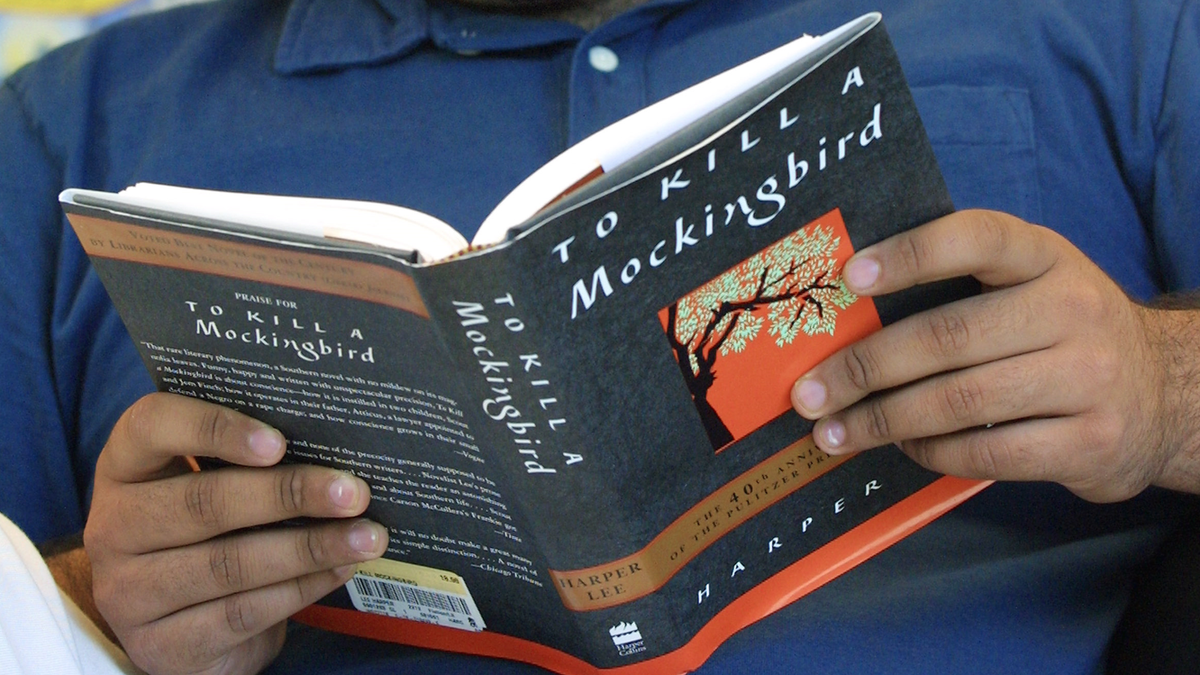In the ever-evolving world of education, it seems that a group of woke teachers in Washington state has taken it upon themselves to ban the classic novel “To Kill a Mockingbird” from American classrooms, all in the name of protecting our dear students from its so-called “harmful content.” Let’s delve into this peculiar tale and examine the rationale behind this literary prohibition.
A Curious Crusade Against a Classic
The Mukilteo School District teachers have embarked on a curious crusade, arguing that Harper Lee’s timeless masterpiece, published in 1960, is “outdated and harmful.” But what exactly makes this American classic so offensive? Let’s unpack their grievances.
Unpacking the Offense: Racial Injustice, Gender Roles, and More
“To Kill a Mockingbird” is set in the Deep South during the Great Depression, addressing themes such as racial injustice, gender roles, and sexual violence, among others. It’s worth noting that this novel was awarded the Pulitzer Prize for Fiction in 1961 and was hailed by New York Times readers in 2021 as the best book of the past 125 years. But alas, it seems that even such accolades can’t shield it from the woke teachers’ critical gaze.
The primary bone of contention here is the use of racial slurs by the characters and the alleged reliance on stereotypes. Critics argue that the novel portrays a skewed perspective of Black people, which has left some students feeling uncomfortable. One Black teen claimed that the book misrepresented African Americans, while another bemoaned that it didn’t resonate with her because it wasn’t written “about her” or “for her.”
Unleashing the Absurdity
In this farcical saga, we also find a White student daring to utter a racial slur while reading from “Mockingbird,” defying the teacher’s instructions to skip it. While this is undoubtedly a cause for concern, should we be banning a literary classic because of one misguided student’s actions?
The teachers took their concerns to court, demanding that the novel be removed from ninth-grade classes, arguing that “To Kill A Mockingbird centers on whiteness.” They insist that it hampers the celebration of an authentic Black point of view in Civil Rights-era literature.
The Absurdity in Perspective
As we reflect on this absurd situation, it becomes evident that while the novel may tackle “difficult” themes, it has a well-established place in our literary history. Some might argue that it’s not quite the same as explicit sexual material or other extreme content, which has genuinely warranted concern in our schools.
It’s baffling that this classic has been subjected to such scrutiny, especially when more pressing issues deserve our attention. After all, “To Kill a Mockingbird” is not explicit sexual material or gay porn, which have, unfortunately, found their way into schools. This bizarre incident has led to a political tango where leftists accuse conservatives of pushing “book bans.”
In conclusion, the attempt to ban “To Kill a Mockingbird” is a peculiar twist in the ongoing battle to protect students from the perceived harm of literary classics. In this era of heightened sensitivities, let us not forget the power of literature to challenge, enlighten, and provoke thoughtful discussion. Perhaps, instead of banning, we should be encouraging students to engage with these works and learn from the perspectives they offer. After all, it’s not every day that a classic is sacrificed on the altar of political correctness.










